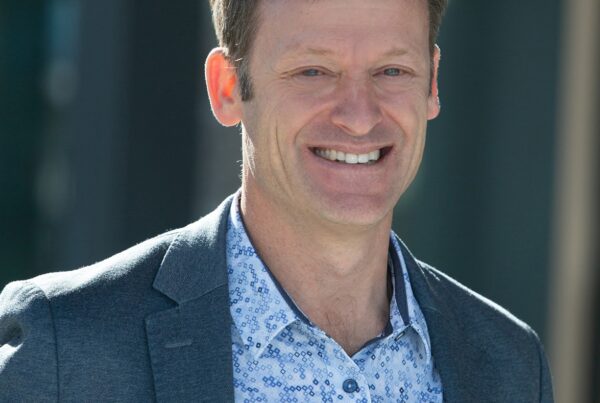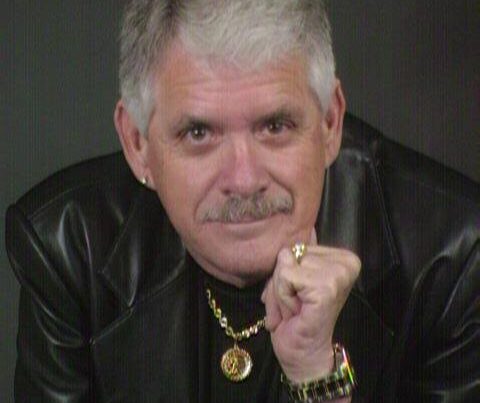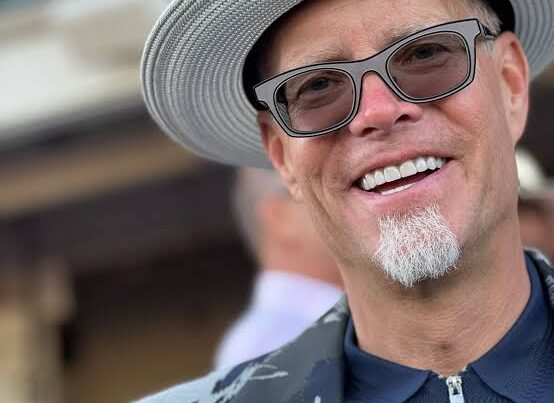Podcast: Play in new window | Download
Subscribe: RSS
How do you heal stress at work?

John English
John English is an award-winning author, coach, and successful entrepreneur who founded four different businesses in manufacturing, engineering, publishing/education, and coaching & development.
John believes in humankind’s innate power and wisdom to live a life on purpose and a life that is full of joy and meaning. This forms the foundation of his Wisdom Leadership Skills Training.
Using Ancient Wisdom principles, he helps transform the culture of organizations by empowering individuals to become mindful, charismatic, and passionate leaders. He guides them through personal transformation incorporated in Ancient Wisdom so they can improve their professional and personal relationships, hone their critical thinking abilities, improve decision-making, and be able to deal with stress.
What We Discuss With John English In This Episode
- What causes stress and how to effectively manage stress as a leader
- The benefits of stopping the stress response
- How to get into the habit of mindfulness
- How to create a stress-free culture in the workplace
- The “pattern interrupt” and working with mirrors
- Commanding presence vs. ego
Transcript Highlights
What Really Causes Stress
Everybody has a stress response that is triggered by your brain so you can either fight or save your life. This is called the fight or flight response. Ideally, you launch the stress response, you move into fight or flight, and then you’re meant to move out of it. But sometimes people don’t move out of it.
The World Health Organization has called stress the health crisis of the century. Leadership really needs to step up and do something about stress training. We can stop the pressure from becoming stressed and instead just use that pressure to perform.
How to Effectively Manage Stress as a Leader
Practice mindfulness by being present in the moment and by being aware of your thoughts and emotions. This the healing for the stress problem.
Once you’ve launched the stress response, you’re just not capable of your best thinking. And that becomes a mental thing. A lot of times, we end up projecting. We’re hyper-alert looking outward. This is because you’re using the primitive portion of your brain, as opposed to the most evolved portion of your brain, which is your prefrontal cortex.
The Benefits of Stopping the Stress Response
- It leads to so much better critical thinking.
- Our decisions are so much more sound.
- We’re able to use the amazing power of reason.
- We are responding instead of reacting.
How to Get Into the Habit of Mindfulness
Focus on your body.
There’s a belief system, especially in the corporate world, that a little stress is good. The problem is stress really means pressure. And that most people cannot stop a little stress from becoming the stress response.
You need to stop the internal dialogue. You can stop this by focusing on your body – first on the navel, then on the solar plexus. Grounding means staying centered in the moment. This helps you get into the belief that you’re not in danger. By focusing on your body, the mind shuts down and you’re able to act without the stress response.
Breathe.
John teaches this simple box breathing technique:
- Breathe in for 4 seconds through the nose.
- Hold it for 4 seconds.
- Then breathe out for 4 seconds.
Practice this technique while making a decision or while you’re thinking.
How to Create a Stress-Free Culture in the Workplace
John meets with leadership and discusses with them how it works. He sometimes demonstrates to let them experience it for themselves. Then he does half-day or full-day workshops to teach people how to do it.
He follows it up with ongoing coaching to support a stress-free workplace with leadership and key employees. Then they move it into the culture of their organization. They also bring mindfulness into communication.
Employees who took at least one mindfulness class had a $2,000/year savings in health care costs and a $3,000/year increase in productivity.
The Pattern Interrupt
If everybody is stressed out, and then this person injects some humor and everybody laughs, that’s a pattern interrupt. You just interrupted the pattern in the brain of everybody being stressed. This is an example of a Neuro-Linguistic Programming or NLP technique.
The human being is an emotional, mental, and intuitive being. When you’re fully present, you will be amazed at how you will intuitively know what to say when and what action to take at the exact right time. You can really tap into that power when you’re present.
Working with Mirrors
We project ourselves onto other people. If you have one finger pointed at someone else, you have three fingers pointed at yourself. If you have an emotional reaction, positive or negative, or overly emotional reaction to someone else, it’s a mirror.
Mirrors essentially fit into three categories:
- Past mirror: If you look at yourself and you’re not stressed, and you’re not anxious and everything, maybe it’s something from your past, and that behavior is trying to come back into your life. And that’s why you noticing it.
- Present mirror: You’re stressed, anxious, and you identify with yourself. Then you take action to correct it.
- Future mirror: This is where intuition comes in. You’re actually hypersensitive about something because it’s going to happen to you or you’re going to have an opportunity to engage it.
Your Commanding Presence vs. Your Ego
The commanding presence is really your essence. It’s taking every great character trait that you have and putting those all together. It’s also all of your experience and knowledge that you use as a power to get things done.
Whereas the ego is fearful. It’s narcissistic. Everything is about you. And when you make everything about you, it’s about behavior. Ego loves to take everything personally. It makes a lot of assumptions.
Connect With John English
- Instagram: www.instagram.com/johnenglishcoach
- LinkedIn: www.linkedin.com/in/ancientwisdom4modernbusiness
Did You Enjoy The Podcast?
If you enjoyed this episode please let us know! 5-star reviews for the Leaders Of Transformation podcast on Apple Podcasts, Spotify, Pandora or Stitcher are greatly appreciated. This helps us reach more purpose-driven entrepreneurs seeking to make a positive impact in the world. Thank you. Together, we make a difference!
Additional Episodes You May Like
- 343: Nic Marks: Measuring Happiness and Wellbeing In The Workplace
- 335: Amaranatho Robey: Mindfulness…Out Of The Box
- 331: Dr. Dravon James: Finding Your Everyday Peace
- 323: Christine Comaford: How To Increase Your Emotional Resilience In Uncertain Times
- 270: James Garrett: Brainhacking and The Deep Change Project
- 219: Masha Malka: Master Your Emotions One Minute at a Time
- 147: Angelica Singh: Increasing Your Capacity To Thrive










